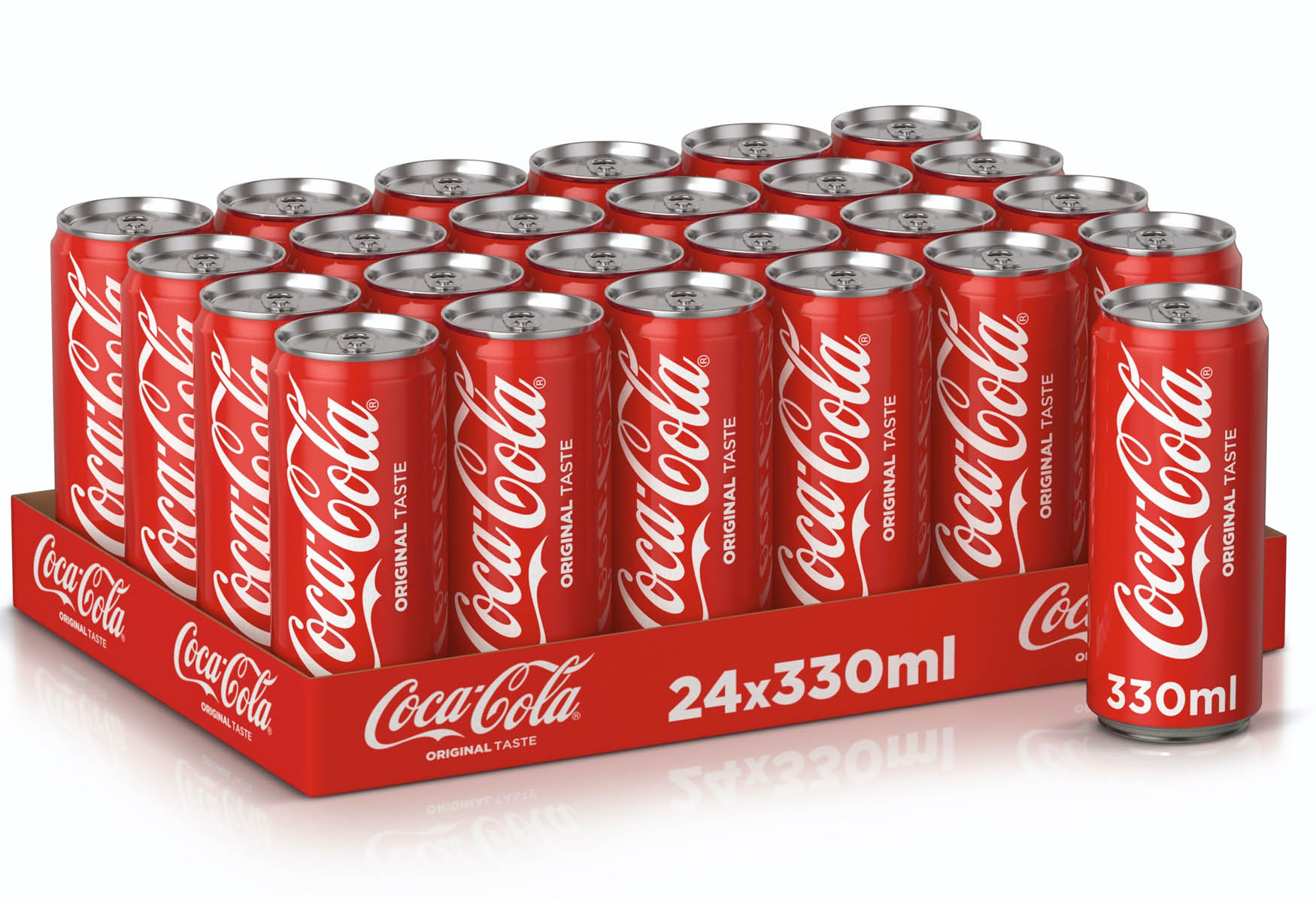
If you’re a fan of fizzy drinks, chances are you’ve likely come across a can of Coke at some point. This iconic and beloved beverage has been a popular choice for many generations, offering a refreshing and bubbly taste. But have you ever wondered what exactly is in a can of Coke and how it impacts your nutrition? In this article, we will delve into the nutrition facts of a can of Coke and uncover the key elements that make up this fizzy concoction. From calories and sugar content to various additives and potential health effects, we’ll explore it all. So, whether you’re a Coke enthusiast or simply curious about what’s in your favorite carbonated drink, keep reading to discover the fascinating nutrition facts about a can of Coke.
Key Takeaways:
- A can of Coke has 150 calories, 39 grams of sugar, and 34 milligrams of caffeine. It’s fizzy and popular worldwide, but water is a healthier choice for hydration.
- Coke’s iconic branding and cultural impact are undeniable, but it’s important to enjoy it in moderation due to its high sugar content and environmental impact.
Calories
Each can of Coke contains approximately 150 calories.
Sugar Content
A can of Coke contains around 39 grams of sugar, which is equivalent to about 9 teaspoons of sugar.
Caffeine
Coke contains caffeine, with a can providing around 34 milligrams of this stimulant.
Sodium
One can of Coke contains about 45 milligrams of sodium.
Carbohydrates
A can of Coke has around 39 grams of carbohydrates.
Artificial Sweeteners
Coke Zero and Diet Coke use artificial sweeteners instead of sugar, resulting in lower calorie and sugar content.
Phosphoric Acid
Coke contains phosphoric acid, which gives it its tangy flavor and also acts as a preservative.
Caramel Color
Coke gets its brown color from caramel color, which is added for visual appeal.
serving size
A standard serving size for Coke is one can, which is 12 ounces or 355 milliliters.
Carbonation
Coke is carbonated, which gives it a refreshing fizz.
Nutritional Value
Coke does not provide any significant nutritional benefits, as it is high in calories, sugar, and artificial ingredients.
Hydration
Coke is a beverage that can contribute to your daily fluid intake, but water is generally a healthier choice for hydration.
Worldwide popularity
Coke is one of the most widely recognized and consumed soft drinks in the world, available in nearly every corner of the globe.
Cultural Icon
Coke’s branding and advertising have made it a cultural icon, with its red and white logo recognized worldwide.
Diet options
Coke offers diet and zero-sugar options for those looking to reduce their calorie and sugar intake.
Compatibility with food
Coke is often enjoyed with meals and is a popular choice for pairing with fast food or snacks.
Marketing strategies
Coca-Cola has employed various marketing strategies over the years, including memorable campaigns and partnerships.
Environmental impact
The production and disposal of Coke cans contribute to environmental issues, such as waste and carbon emissions.
Moderation
Like any sugary beverage, consuming Coke in moderation is recommended to maintain a balanced diet and reduce health risks.
Conclusion
In conclusion, understanding the nutrition facts of a can of Coke is essential for making informed dietary choices. While Coke can be enjoyed as an occasional treat, it is important to consume it in moderation due to its high sugar and calorie content. The information provided in this article serves as a useful guide to help individuals better understand the nutritional value of this popular beverage.
FAQs
1. How many calories are there in a can of Coke?
A can of Coke typically contains around 140 calories.
2. How much sugar is in a can of Coke?
A can of Coke contains approximately 39 grams of sugar.
3. Does Coke contain caffeine?
Yes, Coke contains caffeine. A can of Coke typically contains around 34 mg of caffeine.
4. What are the other ingredients in a can of Coke?
Aside from carbonated water, sugar, and caffeine, Coke also contains phosphoric acid and natural flavors.
5. Are there any nutritional benefits to drinking Coke?
Coke does not provide any significant nutritional benefits. It is high in empty calories and lacks essential nutrients.
6. Can drinking Coke regularly contribute to weight gain?
Regular consumption of sugary beverages like Coke can contribute to weight gain, as they provide excess calories without offering any satiety.
7. Is it safe to consume Coke during pregnancy?
It is generally recommended to limit or avoid the consumption of caffeinated beverages like Coke during pregnancy. It is best to consult with your healthcare provider to determine what is appropriate for your personal circumstances.
8. Are there any healthier alternatives to Coke?
There are numerous healthier alternatives to Coke, such as sparkling water, infused water, or unsweetened herbal tea. These options provide hydration without the added sugars or caffeine.
Was this page helpful?
Our commitment to delivering trustworthy and engaging content is at the heart of what we do. Each fact on our site is contributed by real users like you, bringing a wealth of diverse insights and information. To ensure the highest standards of accuracy and reliability, our dedicated editors meticulously review each submission. This process guarantees that the facts we share are not only fascinating but also credible. Trust in our commitment to quality and authenticity as you explore and learn with us.
